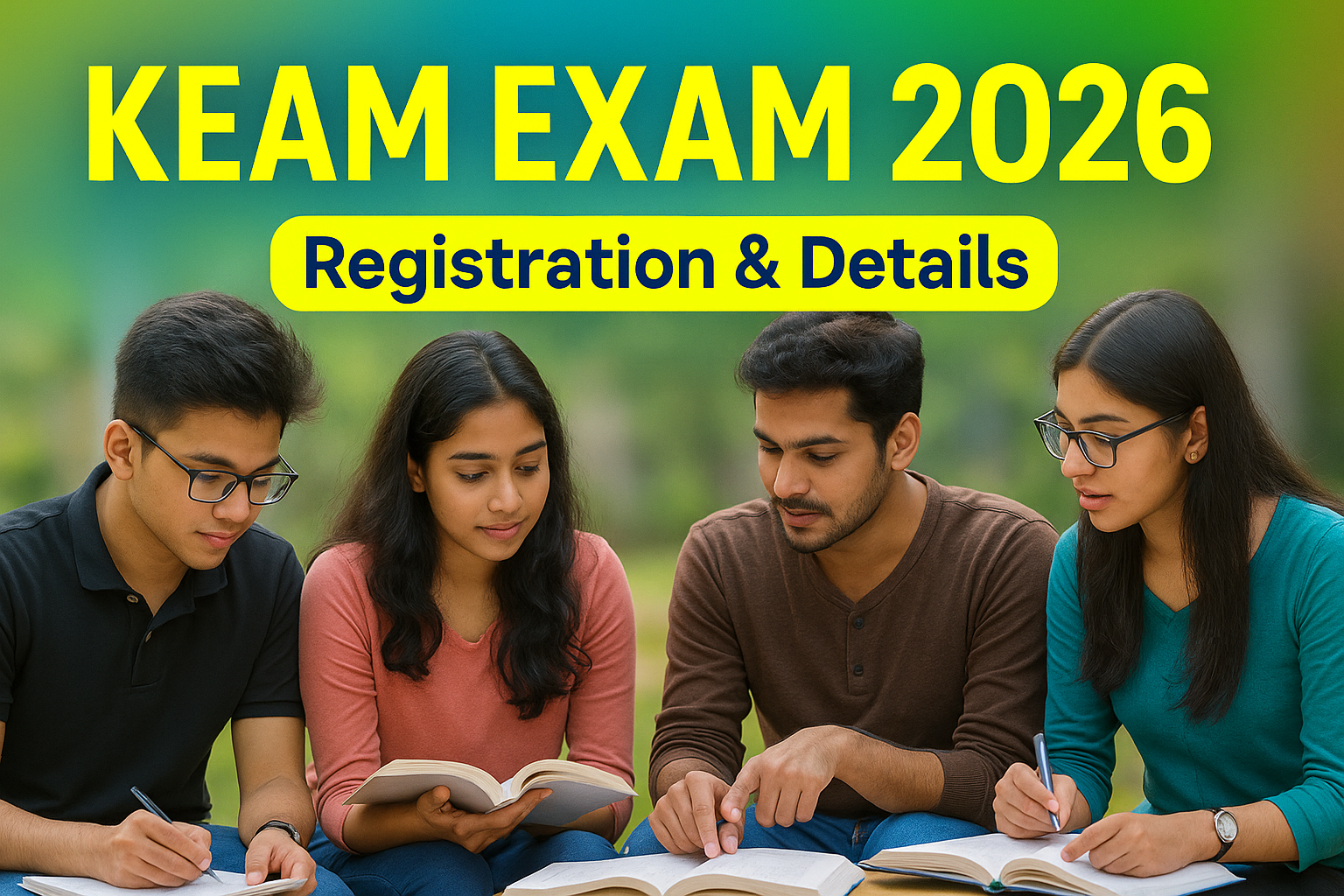B.Tech Career Opportunities: Core Streams, Advantages & IES Preparation Guide
June 25, 2025
Bachelor of Technology, or B. Tech is one of the most sought-after undergraduate programs in India. It offers students several career options in the government and private sectors. It is designed to provide a strong technical foundation and practical curriculum. That makes the course stand out as the best course for in-demand skills.
One opportunity you can pursue with a B.Tech is to attempt the Indian Engineering Services (IES). Are you a student currently pursuing or planning to enroll in a B.Tech program? Understanding the core engineering streams, their advantages, career options, and IES preparation is essential to making informed decisions about the future.
The Core Streams in B.Tech
B.Tech offers a variety of disciplines, but the following core streams remain central to engineering careers and competitive examinations like IES.
A few core streams that have become the backbone of a B.Tech education are
Mechanical Engineering - Focuses on the design, analysis, and manufacturing of mechanical systems. It’s a versatile stream with applications in the automotive, aerospace, energy, and production industries.
Civil Engineering - Deals with infrastructure development such as roads, bridges, buildings, and water systems. It’s vital to public sector projects and government services.
Electrical Engineering - Covers power systems, electrical machines, and electronics. It's critical for energy companies, electronics, and public utilities.
Electronics & Communication Engineering (ECE) - Combines electronics engineering with communication technologies. It's pivotal in telecommunications, embedded systems, and defense sectors.
Computer Science Engineering (CSE) - Involves software development, data structures, AI, and more. Though not part of the IES core streams, CSE leads to high-demand roles in IT and tech firms.
Career Opportunities After B.Tech
B.Tech graduates enjoy strong placement prospects in both private and government sectors.
Private sector roles
Software Developer, Data Analyst, Embedded Systems Engineer, Network Engineer (for ECE/CSE)
Design Engineer, Manufacturing Engineer, Quality Control Engineer (for Mechanical)
Site Engineer, Structural Engineer (for Civil)
Electrical Design Engineer, Maintenance Engineer (for Electrical)
Government and PSUs
Public Sector Units (PSUs) like BHEL, ONGC, NTPC, and DRDO recruit based on GATE scores.
Opportunities in Indian Railways, CPWD, PWD, and municipal corporations
Teaching and research roles in government engineering colleges.
For further details, Read more
Advantages of Pursuing B.Tech
Well, there are several students who have been pursuing or are looking to pursue a course in B.Tech. This has a reason behind it, which is the ample career opportunities offered by the course.
High Employability: Technical skills gained are in demand across sectors.
Foundation for Higher Studies: B.Tech serves as a base for M.Tech, MBA, or research.
Pathway to Government Jobs: Especially through exams like GATE and IES.
Versatility: Engineers can switch domains like management, civil services, or IT with ease.
B.Tech and Indian Engineering Services (IES) – The Connection
IES is a prestigious exam conducted by UPSC for engineering graduates to work in high-level bureaucratic roles in central government departments. B.Tech is a crucial foundation for IES, especially for candidates from core streams like mechanical, civil, electrical, and ECE -the streams accepted in the IES exam.
Step-by-Step Guide to Qualify for IES Through B.Tech
If you are looking to qualify for IES through B. Tech, there are a few steps you need to follow. The steps may differ in certain cases, but the brief idea of the concept should provide you with the best options on how to get yourself approved for IES.
Choose the Right Stream
Select from mechanical, civil, electrical, or ECE if IES is your target. Of course, other courses may also be fine, but the focus is typically on these core streams.
Understand the Exam Pattern
The IES examination has multiple stages to qualify.
Stage I: Preliminary Exam (Objective type – General Studies + Engineering Subject)
Stage II: Mains Exam (Descriptive type – Engineering Subject)
Stage III: Personality Test/Interview
Build Strong Fundamentals
Focus on conceptual clarity in core subjects from the second year of B.Tech onwards.
Refer to Standard Resources
NCERT textbooks, previous year question papers, and standard engineering books are recommended for UPSC.
Practice Regularly
Solve mock tests and practice papers, and focus on time management. There are free and paid mock tests available online.
Join a Reputed Coaching Institute
Institutions like Alpha Entrance Academy offer structured preparation, mentoring, and regular testing that align with UPSC standards. We provide you with a complete insight into the type of questions asked and the knowledge you should have to be able to crack the examination.
Stay Updated with Current Affairs
General Studies plays a vital role in the preliminary exam. Read newspapers and government publications. The training institutions also play a major role in helping you prepare for the examination in this context.
Duration and structure of the B.Tech course
Most of the institutions follow an almost equivalent structure for the B.Tech course. However, there may be a slight difference among the different universities and institutions in the course structure and syllabus.
The basic structure of a B.Tech course is
Duration: 4 years (8 semesters)
Structure: Includes core engineering subjects, lab sessions, projects, and internships. In later years, students may opt for electives and industry-relevant courses.
Eligibility and Admission Process
Eligibility:
Completion of 10+2 with Physics, Chemistry, and Mathematics (PCM). Some colleges may require specific entrance exams. The eligibility may be determined based on the cut-off marks in the qualifyingexamination.
Admission Process:
National Level: JEE Main and JEE Advanced for top institutions like NITs and IITs.
State-Level: Exams like KEAM, MHT-CET, and WBJEE.
Private Institutions: May conduct their entrance tests or accept national/state-level scores.
Choose Your Engineering Career Wisely with Alpha Academy
B.Tech is more than just a degree. It is a strategic step toward a secure, rewarding career. Maybe your goal is to become a leading technologist in the private sector or to serve the nation through prestigious government services like IES. Choosing the right stream and preparing diligently makes all the difference.
Institutions like Alpha Entrance Academy provide students with the best career guidance and training required to achieve this. They bridge the gap between academic learning and competitive success.
Embrace the Alpha Mindset






